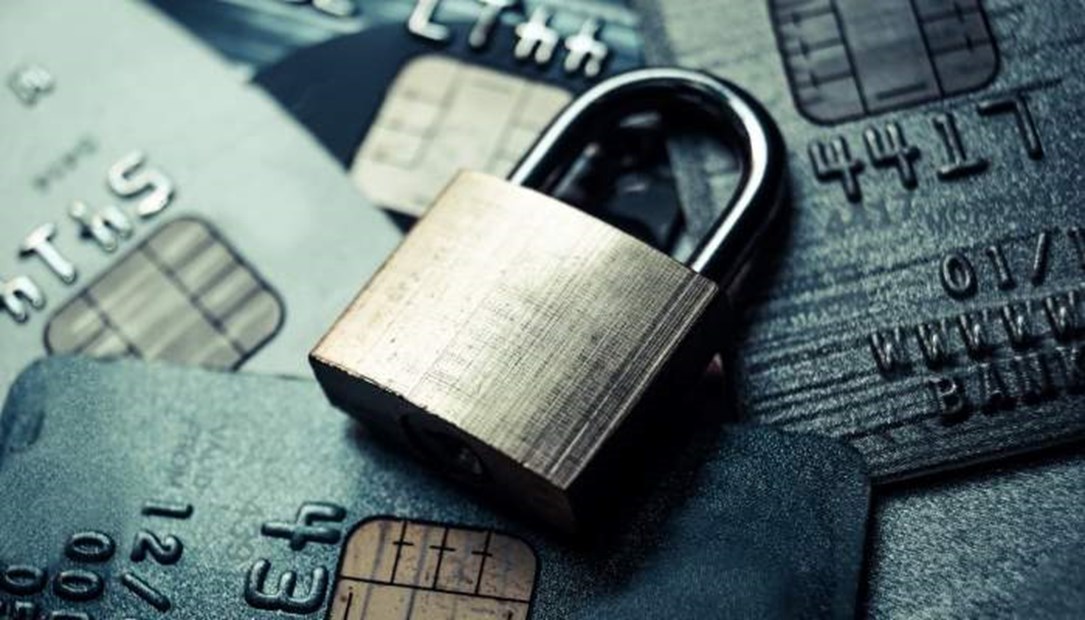How do insurers detect fraud?
The vast majority of insurance claims are not subject to investigation for fraud purposes. Of those that are, most are conducted by in-house insurer counter-fraud specialists covered by FCA regulation, or chartered loss adjusters who are subject to their own professional standards. All insurance investigators will operate within the parameters set by privacy law.
Most investigations are carried out with the knowledge of the claimant and will often involve standard checks against fraud indicators, open source data (e.g. social media) and industry databases, which the customer has usually been told about at inception of the policy and the third party claimant at the point of making the claim.
Fraud indicators and database searches may lead to a personal interview of the customer and/or claimant which can allow the interviewer to obtain comprehensive information directly from the person making the claim which, when required, is an invaluable line of enquiry. Face-to-face interviews also allow insurers to evaluate behavioural traits displayed by the interviewee. Counter fraud measures work alongside delivering good customer service – recognising that the vast majority of claimants are genuine and that legitimate claims should be paid expeditiously.
Why does the ABI collect statistics on detected fraud?
The ABI collects information annually regarding detected fraud to provide its members and wider stakeholders with an indication of the extent of fraud that the industry faces at both the application and claims stage.
This information provides an indication of the level of detected fraud impacting on the insurance industry as a whole. Individual insurers have their own mechanisms for understanding their own exposure to fraud and taking steps to mitigate the related risks.

